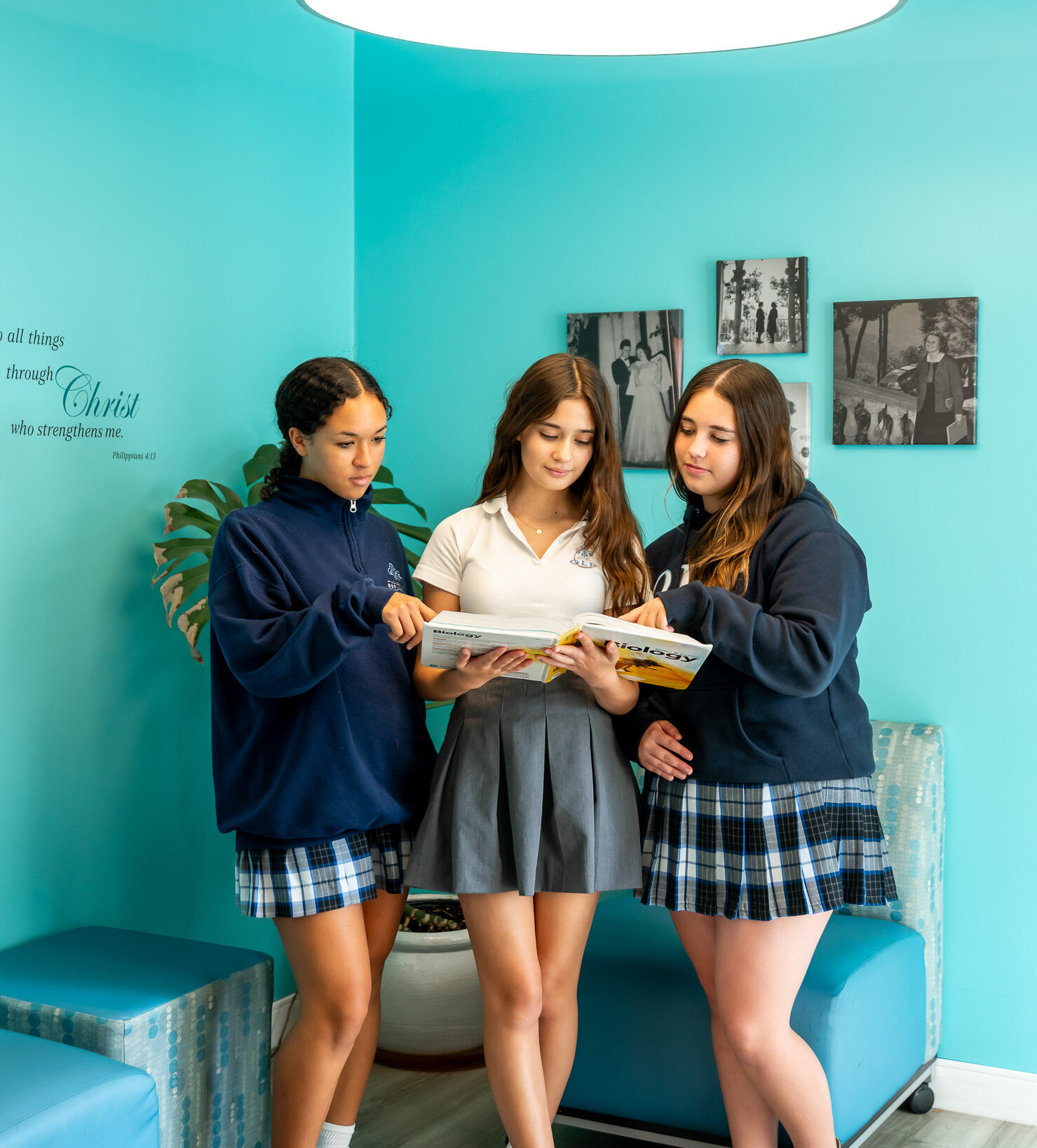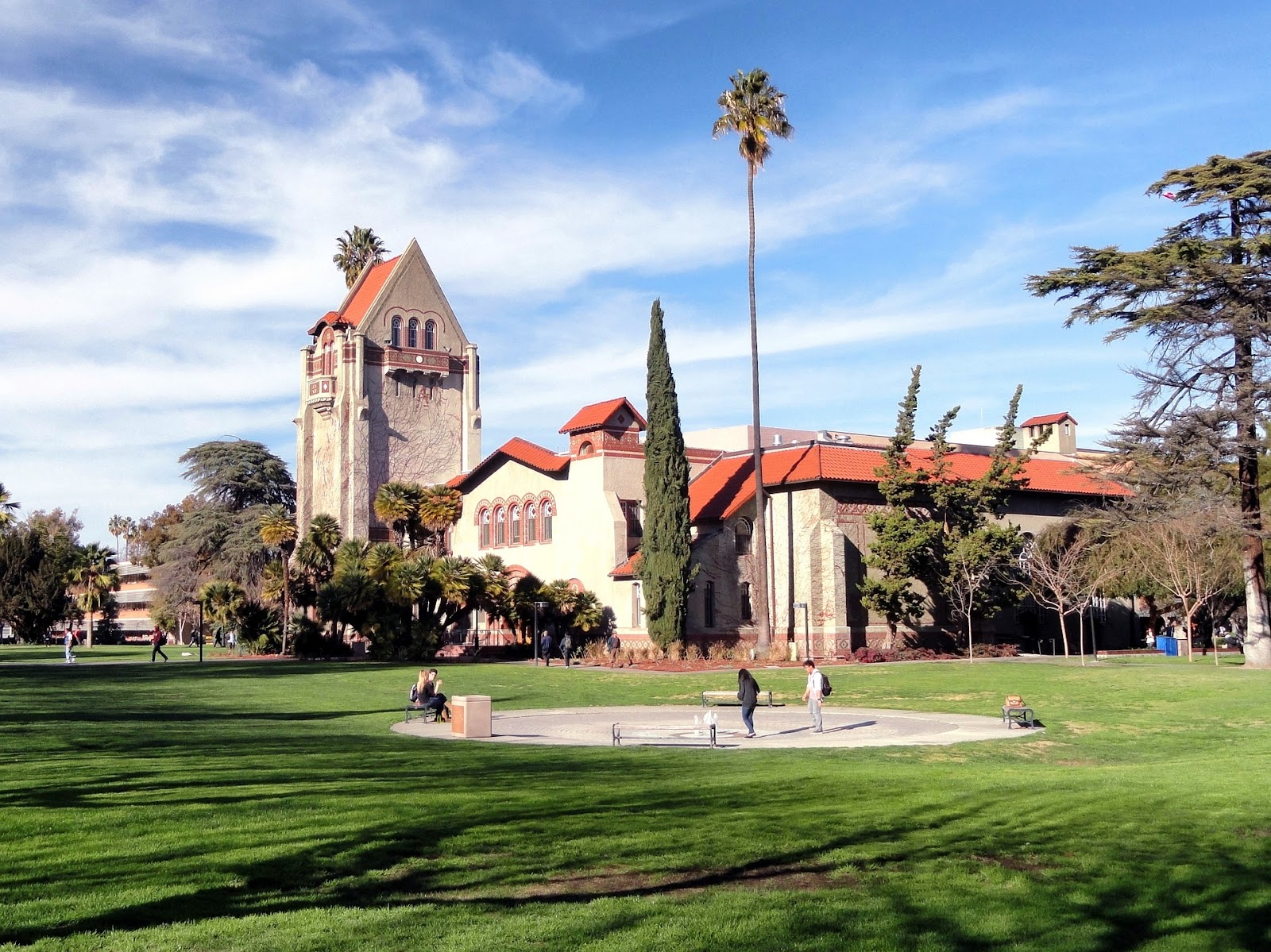While Samuel B. Hyers, an African American New York Barber, may have traveled with his wife and two daughters 3,000 miles west to follow the early 1850s mass migration of the Gold Rush, the Hyers family had gold with them all along.
After leaving the Empire State behind, Hyers and his family found themselves in Sacramento, where the father of two, who happened to be an amateur opera singer himself, set up a high-end barber shop in the future capital city. Growing up on 7th street in downtown Sactown, near the future location of the state resource building, Annie E. Hyers, mother of Anna and Emma, focused her time on the musical education of the two young children.
Since they demonstrated natural vocal and musical talents, the Hyers continued to invest in the education of Anna and Emma. Hugo Sank, a German professor, and opera singer Josephine D’Ormy, eventually crossed paths with the young girls to further their musical training before the little starlets went on to perform for private parties and larger audiences. Anna and Emma became distinguished singers by the age of 6. Before they were teens, the little children accompanied their parents on stage in 1867 at the Sacramento Metropolitan Theater, which used to be located on K Street between 4th and 5th streets.
Their Metropolitan experience earned them high praise, launching their careers as professional singers and prompting a musical journey that led them across the country. Upon his daughters’ success, Samuel decided to leave the days of barbering behind to manage Anna and Emma’s careers, embarking on their very first national tour in 1871 that had the girls performing in Salt Lake City, Chicago, Cleveland, New York City, and Boston.
Yet, singing in post-Emancipation America left the Hyers sisters longing for more, and after touring for five years of opera singing, the sisters transitioned their performance to a new direction. Leaving behind their dreams of touring overseas, Anna and Emma utilized their musical skills and humor to shift the stories they told—focusing on advocating for political rights for Black Americans after President Rutherford Hayes withdrew federal troops from Louisiana and ended the Reconstruction in 1877.
Anna and Emma chose to launch their own theater company, producing musicals and dramas that were not just the first Black musicals, but the first American musicals that the country had seen. These productions explored topics of slavery and freedom, raising national awareness of African Americans’ thoughts and feelings.
Producing and starring in 7 “Comic Operas,” which began in the 17th century and featured humorous characters and happy endings, the Hyers sisters marked the first time in American history that African Americans were center stage and not in blackface. Productions from the Hyers sisters’ theater company include: Out of Bondage written by Joseph Bradford, Urlina, The African Princess, written by E.S. Getchell, and The Underground Railway by Pauline Hopkins.
Despite the Hyers sisters’ massive contributions to American music theater, their impact and legacies are not well known. Yet, their lives paved a pathway for many future Black artists seeking to bring their stories to the stage.











































































































































































